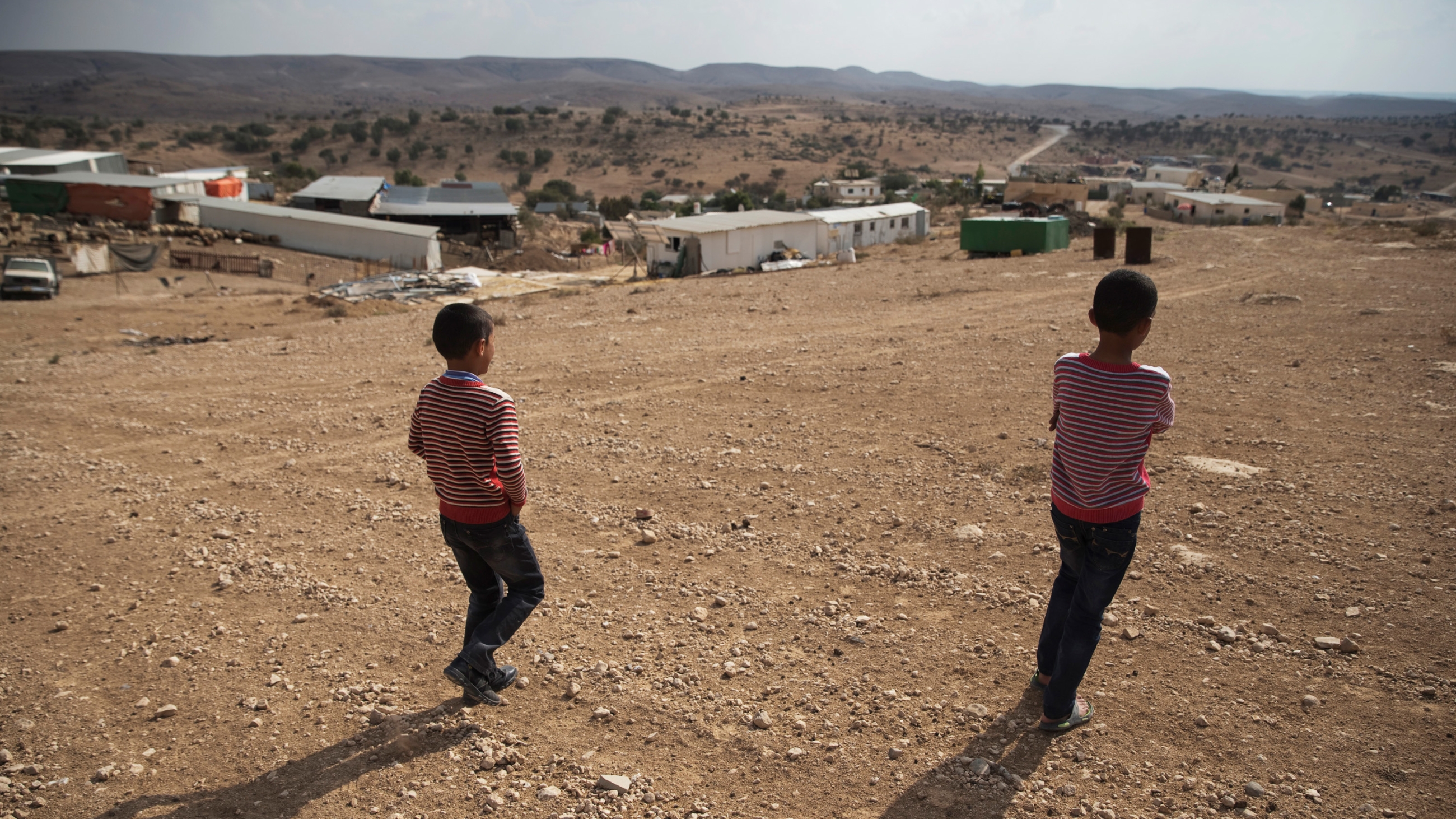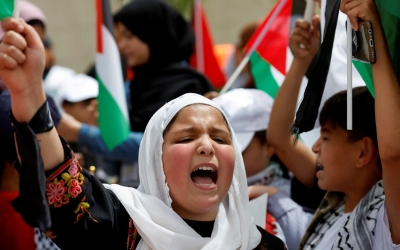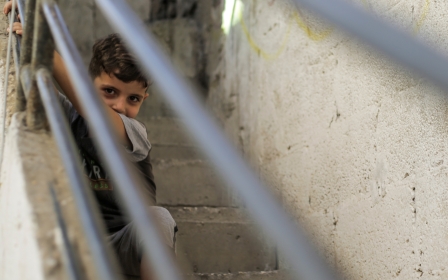Israel data shows Palestinian citizens facing poorer health, economic conditions

Palestinian citizens of Israel are poorer and less healthy than Jewish citizens, data from the Central Bureau of Statistics (CBS) shows.
The report, released on Tuesday in the run-up to the Jewish new year Rosh Hashanah, found that while only 7.6 percent of Jewish Israelis felt poorer over the last year, the number for Palestinian citizens stood at 43 percent.
Another CBS report published earlier this year found that 53 percent of Palestinian households are likely to live in poverty compared to 18 percent of Jewish households.
In the job market, Palestinian men face serious challenges and only 50 percent have a job compared to 64 percent of their Jewish counterparts.
An academic paper published in January by researchers from the Ben-Gurion University found that Palestinians in Israel were the “segment of society most vulnerable to poverty” due to their "minority status".
New MEE newsletter: Jerusalem Dispatch
Sign up to get the latest insights and analysis on Israel-Palestine, alongside Turkey Unpacked and other MEE newsletters
“[Palestinians] constitute a minority whose status has been shaped under circumstances of war, destruction, and evacuation,” said the paper. “Since they [Palestinians] are perceived by Jewish society in general as part of the menacing Arab world, the shadow of disloyalty to the state hangs over their heads.”
This situation means Palestinians are effectively being crowded out from the economic life of Israel, it added.
Poorer health outcomes
The report released on Tuesday also found that Palestinians face worse health outcomes in the country.
Following the Covid-19 pandemic, 15 percent of the Jewish population reported that their health had worsened. In contrast, 27 percent of Palestinians reported the same.
Due to their lower socio-economic status, Palestinian citizens of Israel have a lower life expectancy than Jewish citizens, according to a 2018 academic paper authored by a University of Haifa professor.
Palestinian citizens of Israel are the descendants of Palestine's native population, which was violently displaced by Zionist militias during the creation of Israel in 1948.
Today, there are more than two million Palestinian citizens of Israel, which equates to 21 percent of the country's total population of 9.8 million people, according to the latest CBS study.
For decades, they have suffered under discriminatory laws and practices imposed by the Israeli state, and have long complained that they face difficulty accessing housing and public services.
In recent months, the ultranationalist government of Israeli Prime Minister Benjamin Netanyahu has pushed ahead with policies that will mean Palestinian citizens face further economic pressure.
For example, in June the government advanced legislation to significantly strengthen a controversial 2011 law that would give small communities powers to vet prospective newcomers in parts of the Galilee, a region in northern Israel with a significant Palestinian population.
In practice this law is a "tool for screening out Palestinian citizens" that would prevent their residence in these communities, according to Suhad Bishara from Adalah, the Legal Center for Arab Minority Rights in Israel.
Middle East Eye delivers independent and unrivalled coverage and analysis of the Middle East, North Africa and beyond. To learn more about republishing this content and the associated fees, please fill out this form. More about MEE can be found here.





